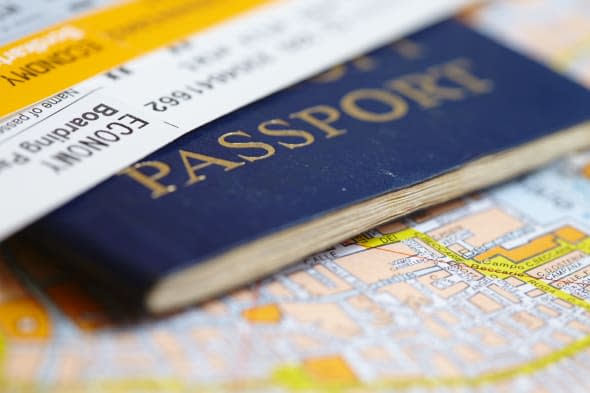5 things you need to know when buying travel insurance

Paying out for travel insurance can seem an unwelcome expense, but go on holiday without it and you could be faced with sky-high medical bills should the worst happen. Policies vary widely and come with different restrictions and the cheapest isn't always the best. Here's how to get the cover you need, at the best price possible.
Related Searches
1. Get travel insurance as soon as you book your holiday
It can be tempting to leave travel insurance to the last minute, but there's a good reason to sort it out now. If you or a loved one fall ill, you may be able to claim on cancellation cover if you need to cancel or delay the trip.
Some policies even come with redundancy cover, and will pay out should you lose your job and need to cancel the holiday. Most policies offer £3,000 cancellation cover. If you're paying out a lot of money, for an expensive cruise, honeymoon or safari break for example, it's worth making sure you have adequate cancellation cover, and paying a little extra for it if necessary.
%VIRTUAL-AFCSponserAds%2. Shop around
When it comes to buying travel insurance it pays to shop around. The standard policy offered with the holiday or travel agent is unlikely to be the best deal. While price-comparison sites can help narrow down the options, think twice before you opt for the cheapest deal. You might save a bit of money now but if the policy doesn't give you the cover you need, it's worthless.
Watch out for high excess charges (the amount deducted automatically from an insurance payout) and single-item limits - this is the maximum amount the insurer will pay out for a single item, regardless of how much cover you have for your personal belongings overall. Single item limits are typically around £300 – so if you're taking an expensive camera, laptop or other equipment, you may not be covered. As a general rule, you should only consider policies that offer £2 million for medical expenses, £3,000 for cancellation, and £1,500 for baggage cover.
3. Annual cover can be cheaper
If you're travelling three times in a single year, it may work out cheaper to get annual cover than single-trip policies. Travel insurance that covers a couple or family can also work out cheaper. Do check though - it always pays to do the calculations to make sure.
4. Winter sports?
If you're going skiing – or paragliding, rock climbing or diving - you may need to pay an additional premium. Even activities like horse, camel or elephant rides need to be specified on some policies. It may sound comical, but tourists have been known to break their leg on a camel ride and need medical assistance - if your policy doesn't cover you, a fall could prove expensive as well as embarrassing.
Even if you have winter sports insurance, read the small print carefully – some policies don't pay out if you have an accident after drinking, or if you choose to ski despite weather warnings or without wearing a helmet.
5. Always be honest
It can be tempting to tell half a truth, but if you're not totally honest, it may invalidate your claim. Always declare pre-existing medical conditions and any medical issues affecting your close relatives if it could cause you to cancel or curtail your trip.
Have you found a good deal on travel insurance? Leave a comment below...




